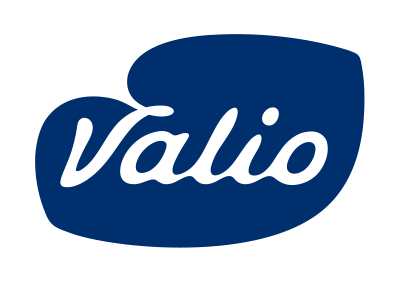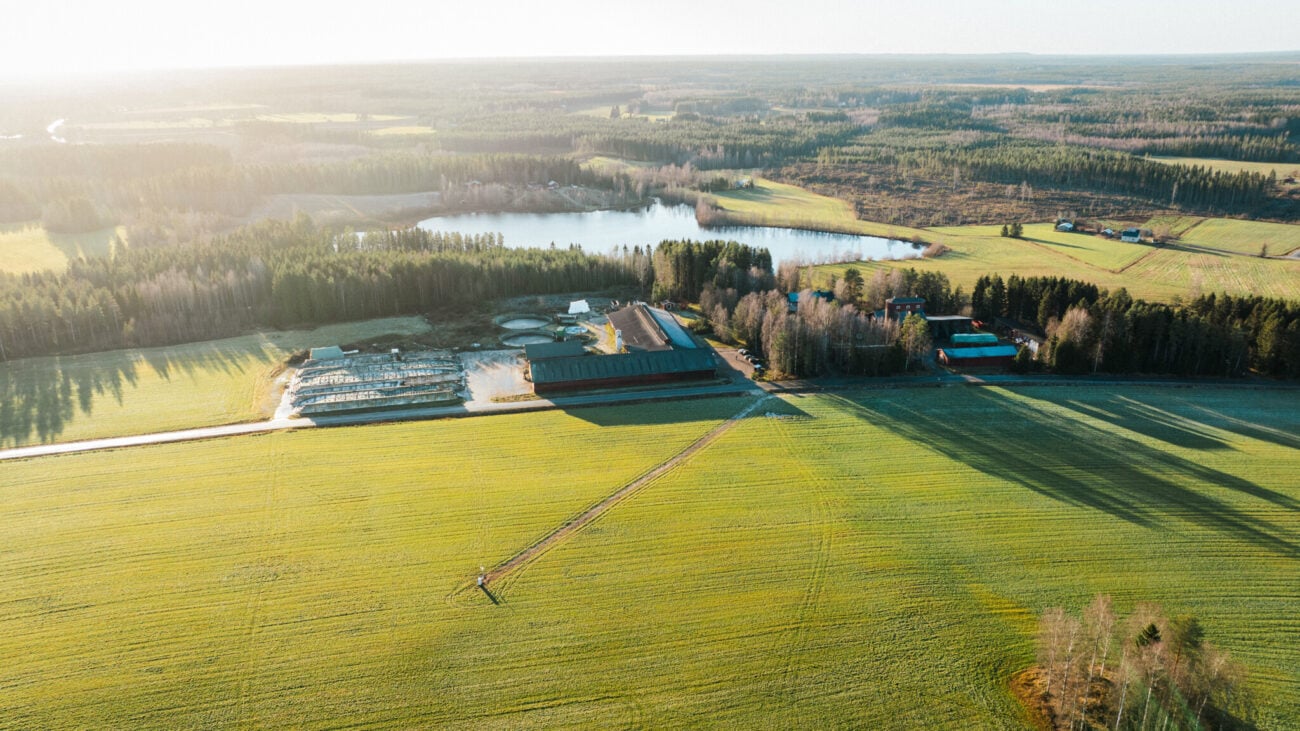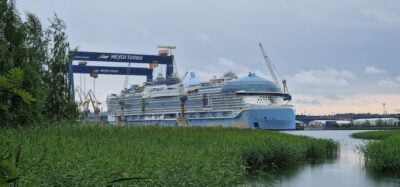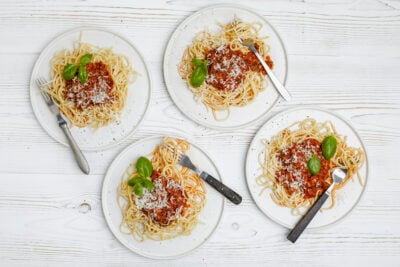The research and development program Food 2.0, partially funded by Business Finland and announced in February 2024, has grown into an ecosystem of over 170 partners within a year. The five-year program aims for a more resource-wise and sustainable food system, where different forms of food production support each other, and food value chains are sustainably linked to other value chains. In its first year, Food 2.0 launched 10 research and development projects. A steering group has also been established for the project to form and communicate the industry's common views to support national and EU-level decision-making.
The global food system faces unprecedented challenges due to population growth, climate change, and rising production costs. Primary food producers worldwide, including in Finland, suffer from profitability issues. Therefore, Valio leads an ecosystem of companies and organizations connected to the food system, aiming to invest 100 million euros in research and development over five years and increase food exports by over one billion euros. A steering group was also established at the beginning of the program to represent the ecosystem and convey common views to support national and EU-level decision-making.
“The path to a better food system lies in bold, open-minded collaboration, new innovations, and system-level change. That’s why we lead the Food 2.0 project – a national ecosystem that brings together companies, researchers, and innovators to develop food production in Finland and beyond. In the first year of the project, we have already succeeded in broadly engaging the industry to start the change,” says Valio’s CEO and Food 2.0 steering group chair Annikka Hurme.
In the first year, over 170 actors joined the ecosystem led by Valio. It is particularly essential that the food sector and other related industries have the opportunity to strengthen cooperation between academic research and business within the Food 2.0 ecosystem and improve collaboration between companies within value chains. This practically happens, for example, in joint development projects, and the ecosystem collaborates with Ruokatieto in export efforts. In addition to Business Finland’s funding, national public and private research funders and the EU also fund research and development projects.
So far, 10 research and development projects have been launched within the Food 2.0 project, where academic research institutions and companies in the ecosystem collaborate. The projects can be found comprehensively on the Food 2.0 website. The most significant projects in terms of scope are:
- AGCLIMATE: Solutions for measuring and reducing greenhouse gas emissions from agricultural lands. Research led by the Finnish Meteorological Institute.
- FoodID: Production of plant-based proteins and lipids through fermentation. Research led by VTT.
- Animal Welfare Verification System (AWVS): Creating a unified system for assessing, verifying, and tracing animal welfare information from farm to consumer. Research led by the Natural Resources Institute Finland (Luke).
- CARBON+: A research project extensively examining the climate impacts of agriculture. Research led by the University of Helsinki.
- FABulOATS: Improving the quality factors of oats and fava beans for the food industry. Research led by the Natural Resources Institute Finland (Luke).
- AlgaCircle: The goal is to create an innovative circular economy concept that produces food, feed, and agricultural chemicals from microalgae. Research led by the University of Turku.
Additionally, four other projects have been started within the Food 2.0 program.
The diversity of the projects reflects the vision of the change required by the current food system. The new food system is strongly linked to, among other things, the energy system and feed production. Nutrients such as nitrogen and phosphorus circulate within the system, and water management and greenhouse gas emissions are controlled.
“In our view, a truly sustainable food system includes sustainably produced plant-based products, milk, and meat, as well as new innovations such as cellular agriculture. These value chains support each other, are increasingly interconnected, and are built on the principles of the circular economy: animal farms provide natural fertilizer for crops, and by-products from the harvest are used as feed for animals,” says Harri Kallioinen, Valio’s Director of Research and Development.
Food 2.0 Project
Food 2.0 is a five-year project led by Valio, aiming to create a sustainable food system in Finland through research, development, and innovation. The ecosystem of the project includes over 170 actors, and its goal is to invest 100 million euros in research and development and increase food exports by over one billion euros in the years following the project’s completion. The project is based on Valio’s vision of the future food system and focuses on four themes: future products, technological transformation, regenerative agriculture, and circular economy and resource efficiency. Business Finland has granted 10 million euros in funding for the project and is prepared to fund 20 million euros for projects within the Food 2.0 program.




